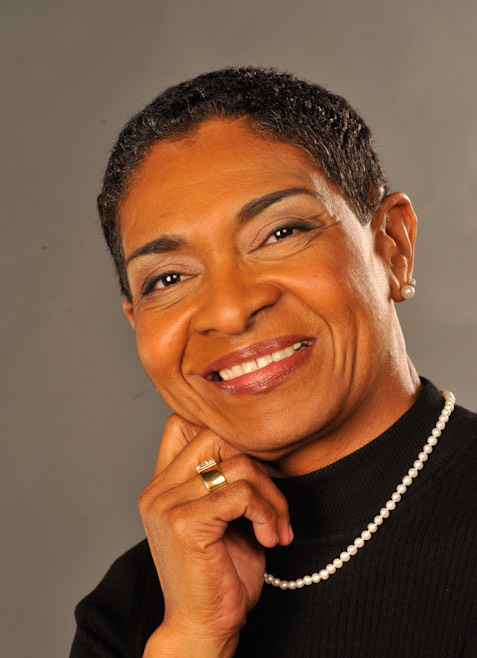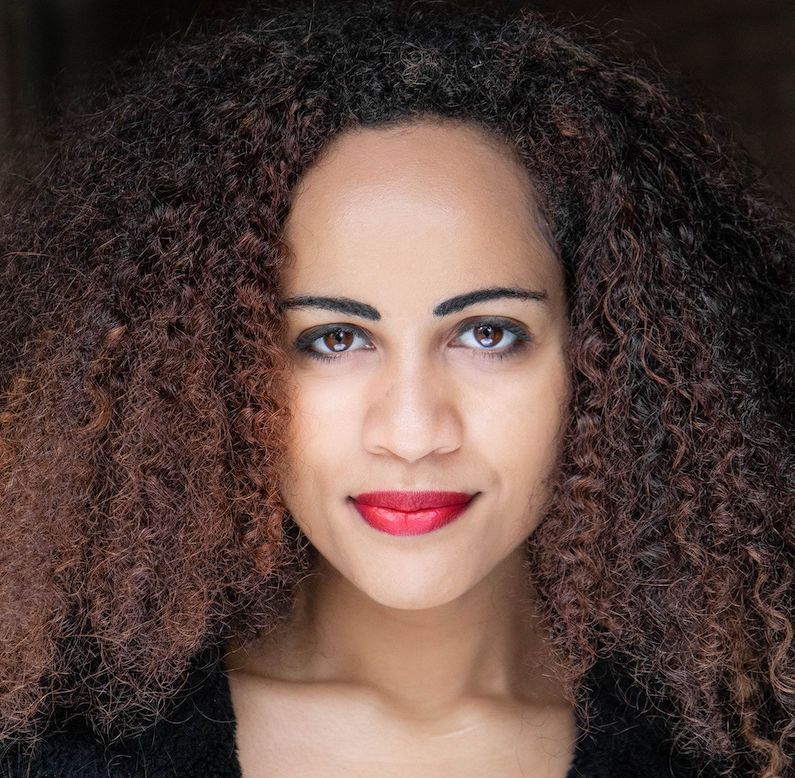The play ‘For Coloured Girls (who have considered suicide/ when the rainbow is enuf)’ was showed in Mombasa at Swahiliport Hub on the 7th of December and on the 8th at the Little Theatre. It has been undoubtedly both the most thematically interesting as well as bilateral produced play of the year. At first glance, it was challenging to its Kenyan audiences but afterwards very well received.
Sponsored by the European Union and the Embassy of Denmark in Kenya and Somalia, the production is a collaboration between Denmark and Kenya, produced by ACT: New Nordic Voices. The play, which features some of the most talented actresses in the country in a joint performance with actresses from Denmark, toured different cities in Kenya as part of this year’s 16 days of activism (against violence against women and children) campaign.
It premiered in Nairobi on the 24th of November at the Signature Auditorium then later showed at the University of Nairobi before it toured Kisumu and finally Mombasa, making it the singular play in being shown in different regions, outside of amateur travelling tropes with school setbooks.
“For coloured girls who have considered suicide/when the rainbow is enuf” is a powerful play exploring pain, resilience, & self-love in music, and dance. It explores the themes of racism, sexism, love, violence, and identity through an ensemble of seven women, each of whom represent a colour of the rainbow.
The women in the plays have no names but are in different colours. In this year’s cast, Nini Wacera was the lady in purple, Rebecca Langley in blue, Mbeki Mwalimu brown, Melissa Kiplagat in yellow, Marianne Nungo red, Wanjiku Victoria Seest in orange and Tana Gachoka in green.
The piece is a series of separate poems choreographed to music that weaves interconnected stories of love, empowerment, struggle and loss into a complex representation of sisterhood.
“I play the lady in purple,” says Nini Wacera. “You know what that means – elegance, royalty, queenliness- that kind of thing. My favourite line from the choreo poem is ‘with the curls in your hair, Mr. Louisiana hot link, I want my things. I want my arm.’ That’s my favourite.”

For Victoria Wanjiku Seest who plays the lady in orange, her favourite line is, “I couldn’t stand it. I couldn’t stand being sorry and coloured at the same time. It is so redundant in the modern world.”
The time-defying play in theme was intended to bring to attention and sensitize the Kenyan society on issues around gender-based violence and to call people to action in addressing it.
>> Lupita Nyong’o Small Brother Charts His Path in Acting
In Kenya, a 2019 Violence Against Children Survey found that of the 15.6% of women surveyed who experienced childhood sexual violence, nearly two-thirds experienced multiple incidents before age 18. It was also noted that incidences of sexual violence against women increase during times of crises such as drought or during Covid-19 and during elections.
EU Ambassador to Kenya Henriette Geiger had said the play shows the power of ‘music, dance and sisterhood as a path towards healing from trauma.’
According to the Kenya Demographic and Health Survey (KDHS, 2022), over 40% of Kenyan women have experienced physical or sexual abuse, including intimate partner violence, and one in every five girls has been subjected to child marriage or female genital mutilation/cutting.
The Ambassador of Denmark to Kenya, H.E. Stephan Schonemann, urged everyone who can to see For Coloured Girls, wherever they can, and for sure Kenyan audiences in the three cities responded to his call.
“Silenced No More is more than a project,” says Michael Omoke, the artistic director of the play, who says SNM is still on in 2024. “It’s a movement using theatre to champion women’s rights and fight against violence towards women and girls. Our holistic approach, combining performances, discussions, and outreach, aims at transforming societal norms and empowering silenced voices.”
>> Music Producers Launch Organisation to Streamline Recording Industry












Leave a comment